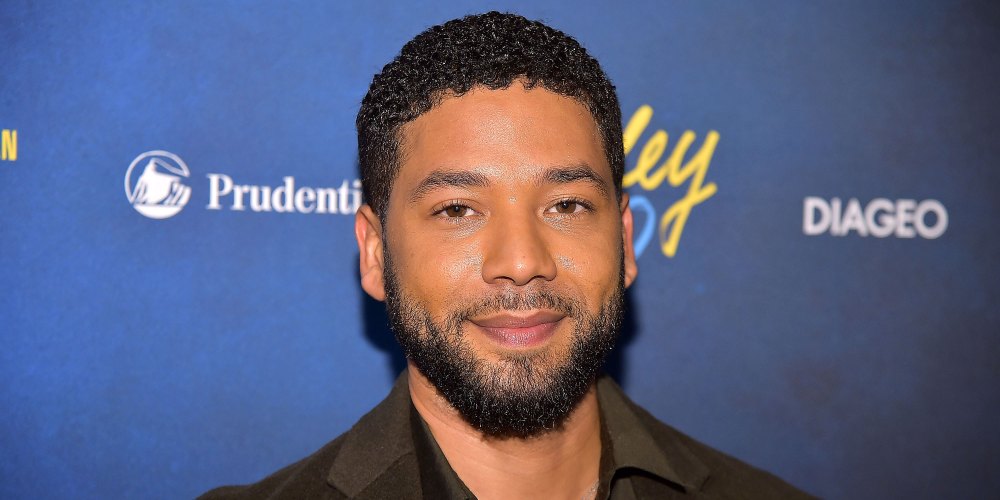Two persons of interest who were arrested in connection to the racist and homophobic attack against Jussie Smollett have been released from police custody.
“Due to new evidence as a result of today’s interrogations, the individuals questioned by police in the Empire case have now been released without charging and detectives have additional investigative work to complete,” Chicago Police Department spokesman Anthony Guglielmi said in a statement via Twitter on Friday, February 15.
The Chicago Police Department confirmed to Us Weekly on Friday that the two men had been arrested. Guglielmi told the Associated Press at the time that the men were “persons of interest” and were brought in because of “probable cause that they may have committed a crime.”

The brothers were arrested at O’Hare International Airport in Chicago on Wednesday, February 13. According to Guglielmi, one of the men worked on Empire.
Smollett, 36, was hospitalized on January 29 after two people yelled “racial and homophobic slurs toward him,” Guglielmi told Us, adding: “The offenders began to batter the victim with their hands about the face and poured an unknown chemical substance on the victim. At some point during the incident, one of the offenders wrapped a rope around the victim’s neck.”
ABC 7 Chicago claimed on Thursday, February 14, that the attack was a hoax, though Guglielmi later said on Twitter that the outlet’s report was “unconfirmed by case detectives” and was “uninformed and inaccurate.” Fox also shot down the “patently ridiculous” allegations that Smollett faked the incident because he was being written off Empire.
Guglielmi told Us on Friday that the singer is being “treated by police as a victim, not a suspect” and there is “no evidence” that proves the attack was a hoax.
In his first TV interview since the ordeal, Smollett admitted to Good Morning America on Thursday that he is “pissed off” at his attackers and those who believe he might be lying.
“It’s like, you know, at first, it was a thing of, like, ‘Listen, if I tell the truth then that’s it, ‘cause it’s the truth,’” he noted. “Then it became a thing of like, ‘Oh, how can you doubt that? Like, how do you — how do you not believe that? It’s the truth.’ And then it became a thing of like, ‘Oh, it’s not necessarily that you don’t believe that this is the truth, you don’t even want to see the truth.’”


